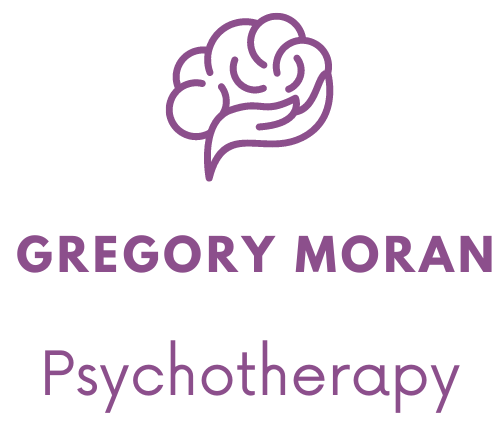Low Self-Esteem therapy in Clare
“I feel happier just for being myself and letting others be themselves.”
Carl Rogers
What is low self-esteem?
Experiencing low self-esteem can feel like constantly doubting one’s worth, capabilities, and value as a person. It’s a pervasive sense of inadequacy and self-criticism that colours one’s thoughts, emotions, and behaviours. Individuals with low self-esteem may feel undeserving of love, success, or happiness, leading to feelings of sadness, anxiety, or even shame. It can impact relationships, career aspirations, and overall well-being, creating a persistent inner struggle to feel worthy and accepted.
Can therapy help someone with low self-esteem?
Yes, therapy can be very effective in helping individuals with low self-esteem. Therapists can work with clients to explore the underlying causes of their low self-esteem, challenge negative thought patterns, and develop healthier perspectives and beliefs about themselves. Therapy can provide a safe and supportive environment for individuals to explore their feelings, experiences, and self-perceptions.
Cognitive-behavioural therapy (CBT) is one approach commonly used to address low self-esteem. In CBT, individuals learn to identify and challenge negative beliefs about themselves, replace them with more accurate and balanced thoughts, and develop skills to improve their self-esteem and self-confidence.
Other therapeutic approaches, such as psychodynamic therapy, person-centered therapy may also be beneficial in helping individuals understand and address the root causes of their low self-esteem.
Overall, therapy can provide valuable support and guidance for individuals seeking to improve their self-esteem and lead more fulfilling lives.
What is the typical approach, and what to expect from therapy?
The typical approach for treating low self-esteem often involves a combination of therapeutic techniques tailored to the individual’s specific needs and circumstances. Here’s an outline of what to expect from therapy when addressing low self-esteem:
Assessment and Goal Setting
The therapist will start by conducting an assessment to understand the individual's experiences, thoughts, feelings, and behaviours related to self-esteem. Together, the therapist and client will establish specific goals for therapy.
Exploration of Underlying Factor
Therapy often involves exploring the underlying factors contributing to low self-esteem, such as past experiences, upbringing, societal influences, or negative thought patterns. By understanding these factors, individuals can gain insight into why they feel the way they do about themselves.
Cognitive Restructuring
Cognitive-behavioural techniques are commonly used to challenge and reframe negative beliefs and thought patterns. Clients learn to recognize distorted thinking patterns and replace them with more realistic and positive perspectives about themselves.
Building Self-Awareness and Self-Compassion
Therapy focuses on increasing self-awareness and fostering self-compassion. Clients learn to recognize their strengths and achievements, as well as accept their limitations and imperfections without harsh self-judgment.
Skill-building
Therapy often involves teaching practical skills and strategies to improve self-esteem, such as assertiveness training, effective communication, setting boundaries, and practicing self-care.
Exploration of Relationships
Therapy may also address how relationships, past and present, influence self-esteem. Clients learn to establish healthier boundaries, identify supportive relationships, and address interpersonal dynamics that contribute to low self-esteem.
Gradual Exposure
Depending on the individual's needs, therapy may involve gradually exposing them to situations that trigger feelings of low self-esteem. This exposure helps individuals confront their fears and develop resilience.
Integration and Maintenance
As therapy progresses, individuals learn to integrate new insights and skills into their daily lives. Therapists provide ongoing support and guidance to help clients maintain progress and address any setbacks.
